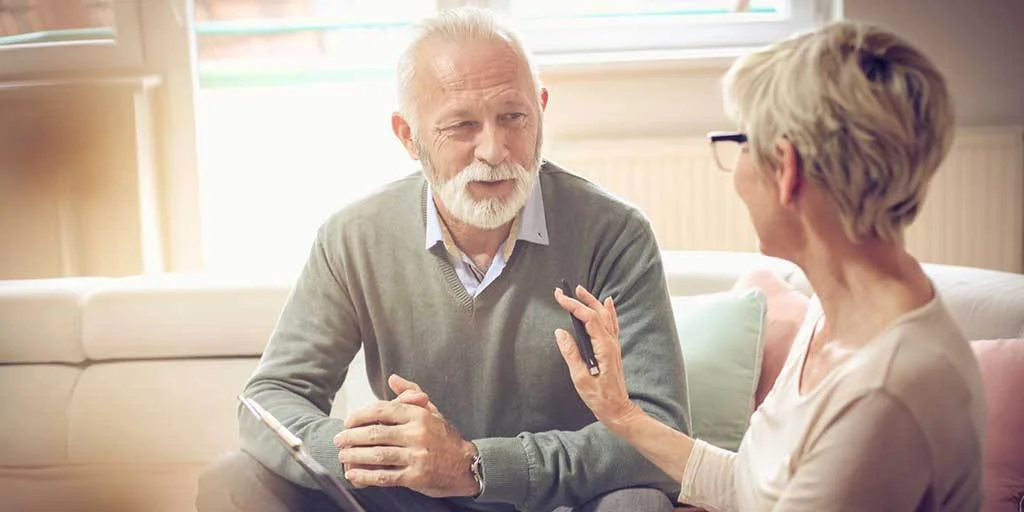For a lot of people, making a will might seem like an onerous admin task, which often drops down the list as seemingly more urgent jobs take precedence, but 2020 has seen a shift. With many more people now considering the consequences for their loved ones if they should die, creating a will to ensure their wishes are clear and legally binding has become a much higher priority.
Although it may be a sobering thought, it is essential to safeguard your legacy and plan for your future, avoiding any additional stress on your family if the worst were to happen.
When the pandemic struck, the initial challenge for those newly aware of the importance of making a will was having it witnessed, due to lockdown and social distancing requirements. To address this, the Government has now changed the rules to allow video witnessing of wills to make them legal, enabling full legal will writing services to be reinstated safely for everyone.
The new rules may not be permanent but, at this very challenging time, it’s a very positive step forward to allow an essential, and often overlooked, element of the legal will writing process to take place.
What are the new rules for video witnessing of wills?
The new rules on video witnessing apply to England and Wales and became legislation in September 2020. The changes will be backdated to 31st January 2020, however, and will remain in place until January 2022, or for as long as necessary.
Under the new video witnessing rules, any video conferencing platform, such as Zoom, Microsoft Teams or Skype, can be used for the witnessing of wills, providing the sound and video quality are sufficient for all parties to hear and see the process. Wills still must be witnessed by two individuals to prevent the risk of coercion or fraud, but the individuals do not need to be physically located in the solicitor’s office or home office.
Where possible, witnessing a will in person will still be preferred if it is safe to do so, and witnessing through a window is already considered legitimate, provided the solicitor can clearly see the person signing the document. What the video witnessing law does is extend the options available to legal practitioners and those making a will to ensure no-one is prevented from taking this vital step needed to make their will legally binding because of illness, self-isolation or shielding.
Why is witnessing necessary for wills?
Just like a contract, a will is a legal document that needs to be witnessed in order to become legally binding. Therefore, it’s important to engage the services of a legal practitioner to draw up your will and ensure that it is witnessed in their presence.
Lots of people wrongly assume that writing a will ensures their wishes will be implemented after their death, but this is not the case. In fact, ‘home-made’ wills, online will writing services and even wills drawn up by a solicitor only become legally binding once witnessed by two individuals.
Unfortunately, because they have not carried out this final step, many people think they have planned how their estate will be passed on and assume they’ve provided for their families simply by writing their wishes down. Without a witnessed document, their loved ones could face a complex and prolonged probate, or even legal challenges, during one of the most stressful and upsetting times of their lives.
Help & Guidance
Making a will and keeping it up to date is an important part of ensuring your wishes are implemented and your loved ones are provided for in the event of your death. The new legislation for video witnessing of wills makes it easier to make a legally-recognised will and guidance is available on the Government website.
Guidance on the importance of making a will and signposting to solicitors’ will writing services is also available from the National Bereavement Service.
This Guest post was written by Adroit Legal Service.

